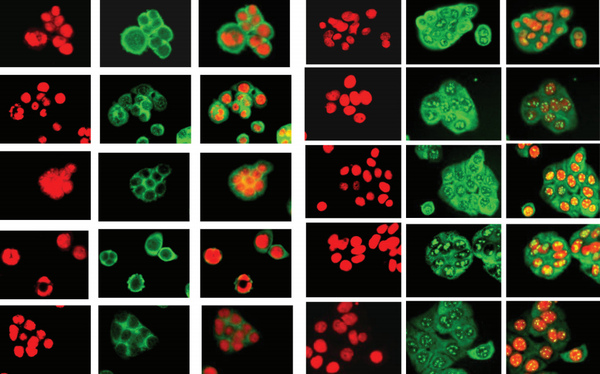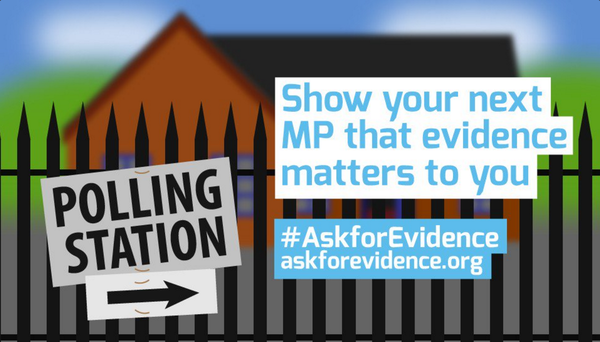Ask for Evidence infographic
If you’re not sure about something you’ve read or seen, follow these simple steps to #AskforEvidence? [...]
Every day we are bombarded with information about science from newspapers, radio and television programmes and the internet. Making sense of it all can be very difficult. What should be taken seriously? Which are ‘scares’? Sometimes scientists are reported as saying conflicting things. How do we know what to believe?
There is a system used by scientists to decide which research results should be published in a scientific journal. This system, called peer review, subjects scientific research papers to independent scrutiny by other qualified scientific experts (peers) before they are made public. Peer review can help you make sense of science stories as it tells you that the research has passed the scrutiny of other scientists and is considered valid, significant and original.
Peer review means that statements made by scientists in scientific journals are critically different from other kinds of statements or claims, such as those made by politicians, newspaper columnists or campaign groups. Science is therefore more than just another opinion.
This guide was produced by Sense About Science with sponsorship and help from: Elsevier, Wiley, Royal Pharmaceutical Society, MRC, Royal Society of Biology, Blackwell Publishing and Taylor & Francis Group. Published: 2005 (2nd edition)
To read the summary and download "I don't know what to believe", click here.

If you’re not sure about something you’ve read or seen, follow these simple steps to #AskforEvidence? [...]

Politicians like to claim a lot of things, from how they’ve reduced unemployment to how they plan on investing in renewable energy, but how prepared are they to provide the [...]
Every month there are dozens of news reports about medical breakthroughs and wonder drugs. The internet is cluttered with adverts and chat-room conversations testifying to ‘amazing’ benefits. [...]

If someone asks you something and you don’t know the answer, what do you do? You Google it. The internet is one the most powerful tools at our disposal, and [...]

I’ve been Asking for Evidence for a couple of months now and it’s interesting how organisations respond to it. I’ve had an array of responses: Polite but dismissive….. First up [...]

This will be an unusual election, and there’s a danger that candidates and parties will see backing up claims with evidence as less of a concern. But we can all [...]